This collection of philosophical films invites viewers to ponder life's biggest questions. Each film in this selection delves into complex themes such as existence, morality, freedom, and the human condition, offering not just entertainment but a profound intellectual experience. Whether you're a seasoned cinephile or a curious newcomer, these films will challenge your perceptions and stimulate your mind.
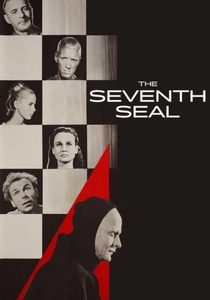
The Seventh Seal (1957)
Description: Ingmar Bergman's masterpiece deals with themes of death, the existence of God, and the search for meaning in a seemingly indifferent universe.
Fact: The film's iconic chess game with Death has become one of cinema's most recognized images.
 Watch Now
Watch Now
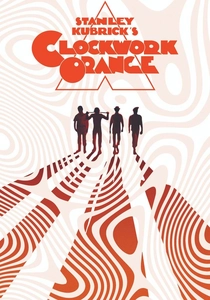
A Clockwork Orange (1971)
Description: Stanley Kubrick's adaptation of Anthony Burgess' novel examines free will, morality, and the nature of violence.
Fact: The film's title refers to an old Cockney expression, "as queer as a clockwork orange," meaning something bizarre or unnatural.
 Watch Now
Watch Now
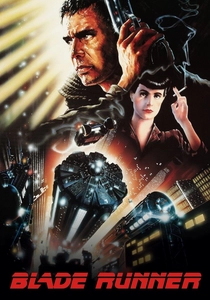
Blade Runner (1982)
Description: Set in a dystopian future, it raises questions about what it means to be human, exploring themes of identity, memory, and artificial intelligence.
Fact: The film's famous "Voight-Kampff" test was inspired by the Turing test, which determines a machine's ability to exhibit intelligent behavior.
 Watch Now
Watch Now
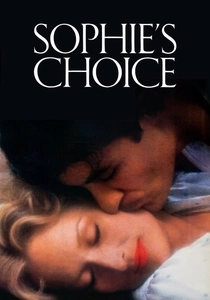
Sophie's Choice (1982)
Description: It confronts viewers with moral dilemmas, the impact of choices, and the aftermath of trauma, focusing on the Holocaust's lasting effects.
Fact: Meryl Streep won an Academy Award for Best Actress for her role as Sophie.
 Watch Now
Watch Now
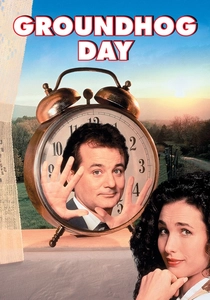
Groundhog Day (1993)
Description: A comedic yet profound look at existentialism, free will, and the possibility of personal growth through repetition.
Fact: The film has been referenced in numerous philosophical discussions about time loops and personal development.
 Watch Now
Watch Now
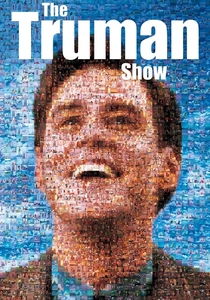
The Truman Show (1998)
Description: This film questions the authenticity of life, media manipulation, and the quest for personal freedom within a controlled environment.
Fact: The film's concept was inspired by a 1989 episode of "The Twilight Zone" titled "Special Service."
 Watch Now
Watch Now

The Matrix (1999)
Description: This film explores the nature of reality, questioning whether our perceived world is an illusion or a simulation, making it a cornerstone of philosophical cinema.
Fact: The Wachowskis drew inspiration from philosophers like Plato, Descartes, and Baudrillard for the film's concept.
 Watch Now
Watch Now
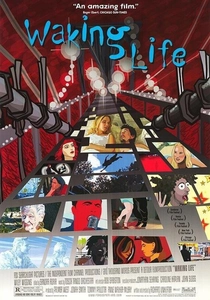
Waking Life (2001)
Description: This animated film explores philosophical discussions on reality, dreams, and the nature of consciousness through a series of dream-like sequences.
Fact: The film was shot using digital video, then rotoscoped to give it an animated appearance.
 Watch Now
Watch Now
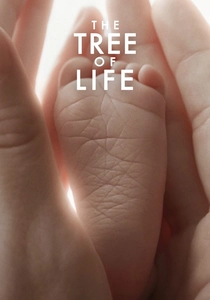
The Tree of Life (2011)
Description: Terrence Malick's epic explores the origins of life, the meaning of existence, and the relationship between nature and grace.
Fact: The film includes scenes from the creation of the universe, using real footage from NASA.
 Watch Now
Watch Now
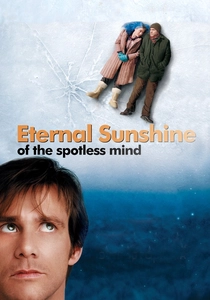
Eternal Sunshine of the Spotless Mind (2004)
Description: This film delves into the ethics of memory erasure, exploring themes of love, identity, and the human desire to forget painful experiences.
Fact: The title is derived from a line in Alexander Pope's poem "Eloisa to Abelard."
 30 Days Free
30 Days Free









